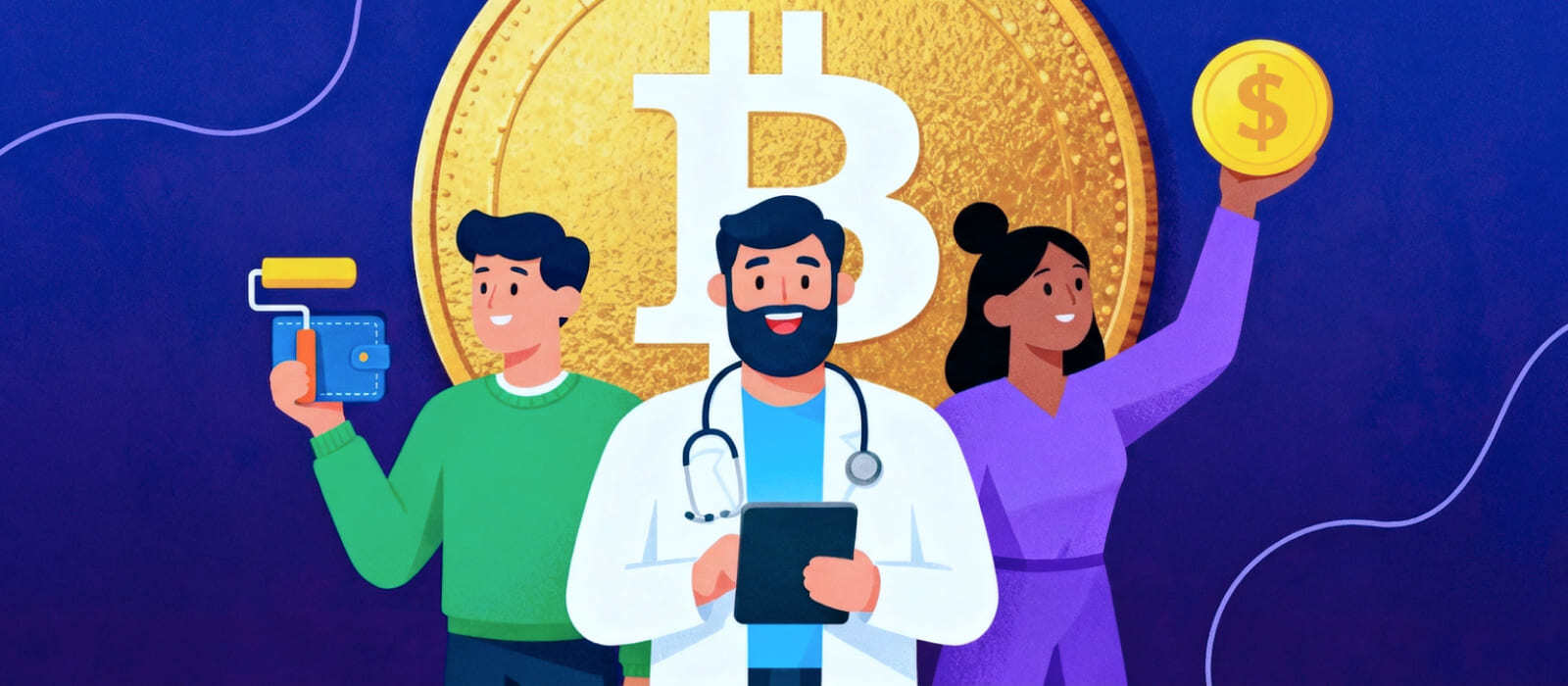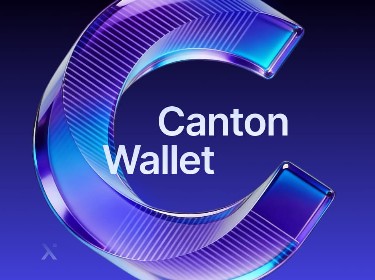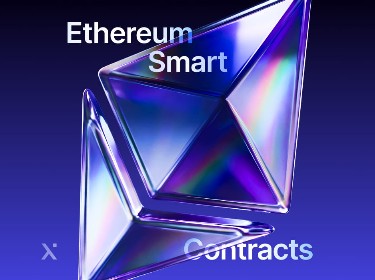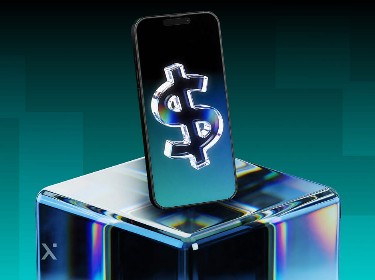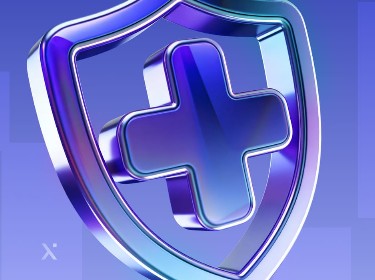Blockchain technology is no longer associated with cryptocurrencies exclusively but is facilitating security and workflow in lots of spheres.
Now almost all industries you can think of are adopting blockchain to make their processes more efficient. It is estimated that the global blockchain revenue will reach $39 billion.
Due to its decentralized and immutable nature the technology makes it possible to store and share important information securely. With all changes being saved on the ledger, it is extremely difficult to tamper with the data.
Also as no intermediaries take part in the transactions, be it monetary operations or paperflow, all the processes go much faster resulting in better productivity.
Thanks to these and a bunch of other prominent advantages, blockchain use cases sprang all over the industries, including:
- Healthcare
- Banking
- Logistics and supply chain
- Media and entertainment
- Marketing
- Government
![]()
For this article our blockchain consulting company‘s experts shared their expertise, so let’s take a look at how exactly the technology benefits all these absolutely different spheres and examine the most interesting cases.
#1 Blockchain in healthcare
![]()
According to BIS Research, the global blockchain healthcare market is going to hit $5.61 billion by 2025.
Blockchain can significantly enhance healthcare software development. It enables hospitals and clinics to store the patients’ history securely without the fear of it being stolen or lost. It also simplifies the transition of all related papers and prescriptions from different clinics as all the patient’s data is stored in one block.
As well as this, pharmaceutical companies may use blockchain-based supply chain solutions to track drugs, equipment, and ingredients from the manufacturers to the final destinations — hospitals and drug stores. With blockchain anyone can check the authenticity of the product and the conditions it was transported in as the info is fixed on the ledger.
Blockchain-based solutions in healthcare
Blockpharma is a blockchain-based anti-counterfeiting application that makes it possible to trace the origin of drugs. Blockpharma also uses machine learning to better detect counterfeit cases.
Medicalchain is a decentralized platform for secure medical data storage and exchange. The platform runs on the Hyperledger blockchain network and is permissioned, which means that only approved members have access to it. In addition, Medicalchain has multiple layers of permission, meaning that the owner can control which parts of data are available.
The platform also relies on smart contract development services for processes that can be automated such as billing or insurance-related.
Check out how we delivered this sophisticated blockchain-powered app for managing health data and providing incentives to improve health outcomes
#2 Blockchain in banking
![]()
Blockchain has the capacity to make the banking industry more efficient and high-performing. A large number of financial institutions have rushed to implement sophisticated technology in their processes — so it comes as no surprise at all that the total blockchain market size in the field of banking is going to reach $22.5 billion by 2026.
What makes blockchain so valuable for banking is that it allows transactions to run on a P2P basis without any middlemen involved. It significantly reduces the time of transactions and saves on extra charges often collected by intermediaries.
In addition, data stored on the blockchain is decentralized. It means that it is open to all members with granted access while no one can change it. Any breach of security is apparent and gets immediately detected.
Also storing papers on a blockchain platform makes them available to businesses at any time, with no way they can be faked or lost. You also don’t have to go through numerous document certifications and verifications — once the paper is approved, it is registered on the ledger and has no expiry date.
Blockchain-based solutions in banking
Lygon is a platform that streamlines the acquisition and management of bank guarantees. Handling such documents on the blockchain is much more comfortable as everything is in one place and easily accessible on request. Each party can check the authenticity of any document and not be afraid of fraud. The digital format makes it easy to make amendments but all the changes are saved in the document’s history.
SETL is a decentralized platform for multi-asset, multi-currency institutional payments and settlements. The platform stores databases on a single multi-ledger platform which allows for processing transactions much faster, simplifying data structures, and reducing operational complexity.
SETL cooperates with banks, custodians, and e-money companies to test the possibilities of the platform. In case everything goes smoothly SETL will become an important part of the international financial infrastructure.
Find out more about this white-label blockchain document notarization solution
#3 Blockchain in logistics and supply chain
There are quite a few pain points of logistics and supply chain such as counterfeit, high cost of transportation, and lack of transparency. Blockchain targets these issues and provides real solutions. Logistics software development services can leverage blockchain to create efficient, customized solutions that address these specific challenges.
With blockchain, it is possible to track the history of a specific item from the very beginning to the final destination with all the intermediate stops it had on its way. It is very convenient as all the parties can trace the route of cargo 24/7 and be sure that no forgery is done.
Coupled with blockchain’s capabilities, RFID tags and built-in sensors also play an important role in anti-counterfeit activities. These technologies help to maintain clear records and protect the authenticity of goods.
Dealing with complex logistics there is often a necessity to reach out to middlemen so that they take responsibility for cargo on particular route parts. It generates additional expenses. In its turn, utilizing blockchain for supply chain management eliminates such need as all data about goods is stored immutably and any party involved in the shipment can go through it anytime.
Blockchain-based solutions in logistics and supply chain
Guardtime SCM is a distributed zero-trust platform for supply chain management. Guardtime can integrate with existing systems as well as connect new parties and smart devices across supply chains. It targets such issues as products’ authentication and counterfeit detection, import-export compliance, and tax automation.
Fr8 Network offers blockchain-based solutions for shippers and carriers for better operational efficiency, compliance monitoring and fast payment settlement. Fr8 has launched a carrier search tool and a marketplace to improve shipment coordination and management in line with real-time shipping information. Fr8 Protocol runs on a permissioned basis and shares information with selected parties only.
Looking for more info about blockchain in logistics and supply chain? Read this article to dive deeper into the case
#4 Blockchain in entertainment
![]()
Blockchain has firmly established itself in the media and entertainment industry with a CAGR of 71.4% and prospects to reach $4371 million in market value by 2026.
The gaming realm alone is developing at an enormous speed. Essentially, it is the blockchain-enabled play-to-earn gaming concept that has been gaining widespread popularity among gamers across the globe.
P2E empowers gamers to gain special game assets via winning battles or completing quests and convert these valuables into real money.
On top of that, the metaverse development has captured the attention of numerous gaming enthusiasts too.
Metaverses are a burning topic thrilling both gamers and blockchain enthusiasts. In 2021, the total market capitalization of metaverse companies reached $14.8 trillion.
Metaverse is a digital parallel reality incorporating a mix of cutting-edge technologies (e. g. AR/VR, NFT) to create an unprecedented experience. Once materialized in full force and effect, metaverses have the potential to completely alter how we perceive the Internet and what place it occupies in our lives.
Blockchain-based solutions in entertainment
Alien Worlds is one of the most popular P2E games built over three blockchains — Ethereum, Wax, and Binance. The setting of the game is a sci-fi universe where people left the Earth after a severe pandemic to inhabit remote exoPlanets.
The goal of players is to mine Trilium (TLM) which is a precious material in the game’s universe and its native token in real life. Trillium defines the voting influence of players in the elections and planetary council.
Decentraland is by far regarded as an outstanding metaverse with around 300,000 active users. It is a completely decentralized virtual world with users voting for or against updates and changes.
Players create a fully-customizable avatar and engage in a range of activities from just wandering around the lands to creating mass events and building real estate.
Decentraland has two tokens — LAND and MANA. LAND is an NFT defining the ownership of land parcels while MANA is a cryptocurrency used for buying in-game assets and services.
The metaverse runs on Ethereum to enable LAND and MANA transactions.
Introduce yourself to the high-end gaming solutions developed by our tech wizards
#5 Blockchain in marketing
Blockchain targets several burning issues in the marketing field, namely customers’ private data leakage, absence of real-time cross-platform statistics collection, lack of innovative means for marketing campaigns, concerns about brand genuineness, and ad fraud.
With a distributed ledger technology marketers can be confident that the gathered data will be securely stored with no danger of it being tampered with or stolen. Besides, blockchain makes it possible to track and collect relevant information about customers’ interactions with marketing materials: clicking through links, sharing, or saving.
What’s more, marketers can set their sights on booming NFT to make their brands and businesses more competitive. However, the expert help of an NFT token development company is strongly advised.
By joining the NFT wave, brands receive multiple benefits. First, their names are in the news as non-fungible tokens are a hot topic, thus resulting in scaling up the coverage of potential customers. Second, NFTs bring additional profit if not from the original sale but the royalties. And, choosing to donate the earnings to charity, the social image of the company becomes much more appealing.
Blockchain-based solutions in marketing
Lucidity is a blockchain-based platform that helps marketers take full control of the campaigns by providing transparent data and analytics. The platform pinpoints the channels that don’t generate customer engagement so that you can shift resources to those that score better.
Lucidity is compatible with other marketing tools such as demand-side platforms and viewability vendors. This way, you don’t need to choose what instruments to omit but can utilize all possible ones to boost marketing opportunities.
IBM has partnered with Mediaocean to establish trust and clarity in the advertising domain with the help of blockchain. The solution aggregates valid data and helps to identify the weak spots in the marketing campaigns. This helps to distribute the resources much more efficiently and better understand customer behavior. Among the companies that joined the initiative are such giants as Kellogg, Pfizer, and Unilever.
Discover how Artificial Intelligence can benefit marketers and helps boost their efforts
#6 Blockchain in government
![]()
Governmental procedures seem to be somewhat unshakable with voting, budgeting, and policy introductions being traditionally led by people in power. This state of affairs puts common people in a position of witnesses rather than members actively influencing the societies we live in.
With the current system of helding elections, whether it’s in-person or online voting, the possibility to be 100% sure that your voice has not been stolen is zero. All that remains for voters is to trust people responsible for calculating the results. Unfortunately, ballot-rigging is not uncommon.
Blockchain offers a solution to this – a voting platform that runs on the distributed ledger. Once you make your choice, your supporting vote is recorded and can’t be changed. Thus, it is impossible to take votes in favor of one candidate or policy and give them to another. Any fraudulent attempt is vivid.
Blockchain-based solutions in government
In 2020, LayerX, a Japanese blockchain startup, collaborated with Tsukuba City Council to create a blockchain-based electronic voting protocol. The developers took into consideration the possibility of double voting, and incorporated the “My Number” system to confirm registration. The solution has already been tested for voting in social projects.
Take a look at the full gamut of blockchain use cases and applications in government processes
Conclusion
Blockchain offers a lot of opportunities when it comes to upgrading vital workflows in almost every sphere. The innovative technology promises to streamline various processes from document management and financial transactions to full control of all stages of the supply chain. The most crucial point here is that common procedures become efficient, transparent, and a way more secure.
Besides, blockchain-powered innovations such as NFTs and metaverse are gradually making inroads into multiple domains too, helping businesses unleash new revenue streams and engage with their customers in extraordinary ways.
If you’ve been looking for a reliable, experienced blockchain partner — look no further. Reach out to our PixelPlex custom blockchain development company with 17 years of experience in the domain. Don’t leave your transformation for later — gain the lead in this global blockchain obsession as we know exactly what way to guide you.
